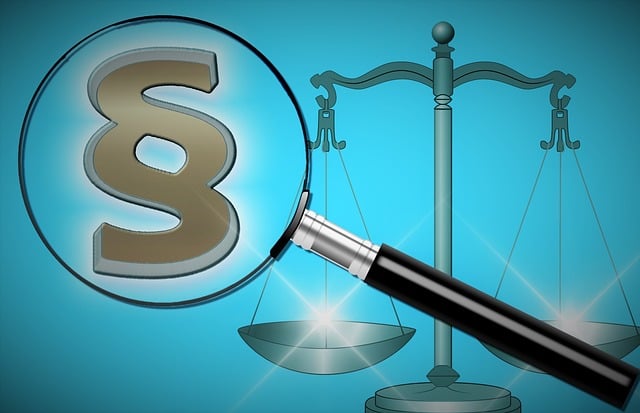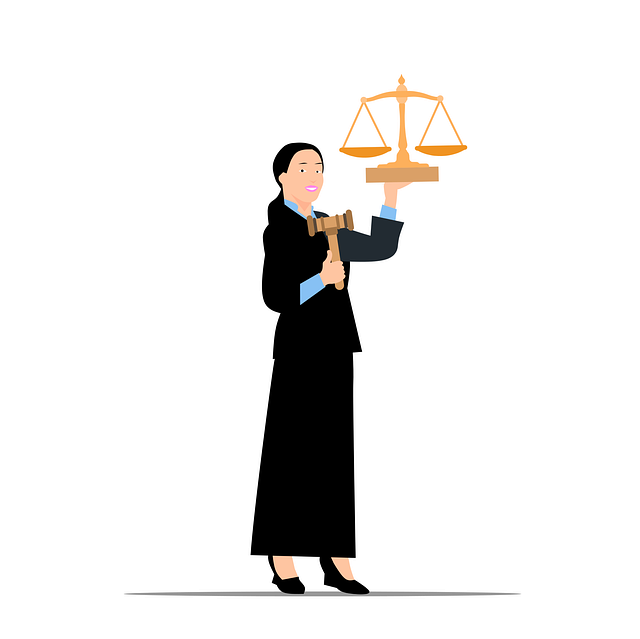Public corruption charges pose legal complexities with significant consequences. Class action lawsuits offer a collective approach to combat corruption, seeking compensation from defendants. These cases expose schemes, promote transparency, and bring financial settlements for harmed communities. Specialized legal representation is key to navigating complex landscapes, uncovering hidden avenues for compensation, and holding corrupt actors accountable. Proactive compliance practices mitigate risks and foster trust. Through strategic navigation and robust evidence, successful class action lawsuits send a message against public corruption, ensuring victims' rights are protected and accountability is fostered.
“Public corruption charges cast a shadow over governments and institutions, undermining public trust. Understanding these charges is crucial in navigating legal proceedings and pursuing justice. This article delves into the intricate world of public corruption, exploring key aspects that shape outcomes.
We dissect the power of class action lawsuits, which have emerged as formidable tools to combat corruption and unlock compensation from settlements. Discover strategies to maximize rewards, ensuring fairness for all involved. In light of these discussions, individuals can better comprehend their rights and contribute to a more transparent and accountable society.”
- Understanding Public Corruption Charges
- The Role of Class Action Lawsuits
- Uncovering Compensation Opportunities
- Navigating Legal Proceedings Effectively
- Strategies for Maximizing Settlement Rewards
Understanding Public Corruption Charges

Public Corruption Charges refer to allegations of illegal acts committed by public officials for personal gain or to benefit certain interests. These can include bribery, fraud, embezzlement, and abuse of power. Understanding these charges is crucial as they often involve complex legal frameworks and significant consequences. When a public official faces such accusations, the focus shifts from their duties to their personal conduct, with the ultimate goal of ensuring justice and maintaining the integrity of public service.
In many cases, individuals facing public corruption charges may seek relief through class action lawsuits, aiming for compensation from settlements. These lawsuits can provide a mechanism for victims to recover losses incurred due to corrupt practices. However, navigating these legal proceedings is challenging, as defendants often employ robust defensive strategies. Expert legal representation and a thorough understanding of the evidence are essential to winning challenging defense verdicts or, in some instances, achieving complete dismissal of all charges, thereby avoiding indictment.
The Role of Class Action Lawsuits

Class action lawsuits play a pivotal role in addressing public corruption, offering a powerful tool for seeking justice and compensation from those who have abused their power. These lawsuits allow individuals affected by corrupt practices to band together, amplifying their collective voice. By pooling resources and sharing legal expertise, plaintiffs can challenge complex schemes that may otherwise go undetected or unpunished. The collective action not only seeks financial compensation from the perpetrators but also aims to deter future misconduct, ensuring transparency and accountability in public institutions.
Through successful class action lawsuits, victims of corruption can hold accountable politicians, government officials, and businesses complicit in illicit activities. These legal battles often result in significant settlements or verdicts that can provide much-needed financial relief to the affected communities. Moreover, they send a clear message to philanthropic and political communities that integrity and ethical behavior are non-negotiable, fostering a culture of accountability and good governance.
Uncovering Compensation Opportunities

In the aftermath of public corruption charges, individuals and entities involved often find unexpected opportunities in the form of compensation from class action lawsuits. These legal proceedings, designed to redress wrongs committed against a large group of people, can result in substantial financial settlements. For his clients, this presents a chance not only to recover losses but also to contribute to broader justice. Winning challenging defense verdicts in high-stakes cases is a testament to the strategic acumen and perseverance required to navigate these complex legal landscapes.
Through meticulous investigation and a deep understanding of public corruption schemes, lawyers specializing in class action lawsuits can uncover hidden avenues for compensation. This process involves sifting through intricate financial records, uncovering illegal transactions, and quantifying the damages incurred by affected parties. By successfully navigating this labyrinthine path, individuals and entities can secure not only economic relief but also play a pivotal role in holding corrupt actors accountable, fostering transparency, and ensuring a more equitable society for future generations.
Navigating Legal Proceedings Effectively

Navigating legal proceedings effectively is paramount when facing public corruption charges. One strategic approach involves understanding the potential compensation from class action lawsuits. These suits can offer financial relief for those harmed by corrupt practices, providing a mechanism to recoup losses and compensate victims. By strategically engaging with legal representatives who specialize in these cases, individuals and respective business, philanthropic, and political communities can explore avenues to avoid indictment while seeking justice.
Additionally, focusing on avoiding indictment should be a key priority. This involves meticulous record-keeping, transparent financial reporting, and maintaining robust internal controls to demonstrate integrity. Such proactive measures not only help in preventing criminal charges but also foster trust within the community. Effective navigation of legal processes thus combines strategic compensation pursuits with robust compliance practices to mitigate risks and uphold the rule of law.
Strategies for Maximizing Settlement Rewards

In the fight against public corruption, individuals who have been wrongfully affected by fraudulent or illicit activities can find solace in class action lawsuits. These powerful legal tools allow for collective action, where a group of people with similar grievances band together to seek justice and compensation from those responsible. The strategy behind maximizing settlement rewards involves careful navigation through complex legal processes. An unprecedented track record of successful cases across the country has shown that thorough investigation, robust evidence, and a strong general criminal defense can lead to substantial financial redress.
By engaging experienced class action lawyers, victims can ensure their rights are protected and their voices heard. These legal professionals possess the expertise to build a compelling case, negotiate with defendants, and advocate for an equitable distribution of compensation. The goal is not only to recoup financial losses but also to send a powerful message that public corruption will not be tolerated, fostering a culture of transparency and accountability.
Public corruption charges can have profound impacts, but understanding the legal landscape and leveraging strategies like class action lawsuits offers a path toward justice and potential compensation from these complex cases. By navigating legal proceedings effectively and employing tactics to maximize settlement rewards, individuals and communities can seek redress and ensure accountability. Remember that, in light of the above discussions, the pursuit of justice is not only about exposing wrongdoing but also about securing fair compensation from class action lawsuits—a testament to the power of collective action.






